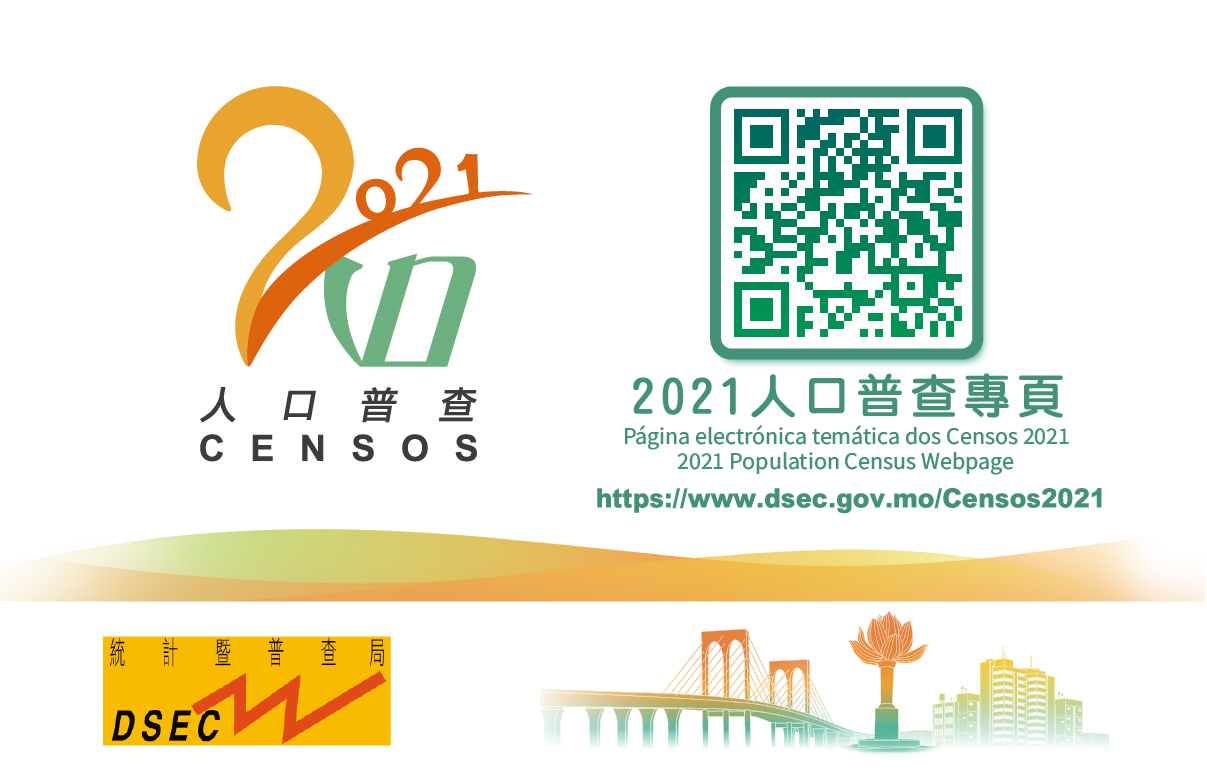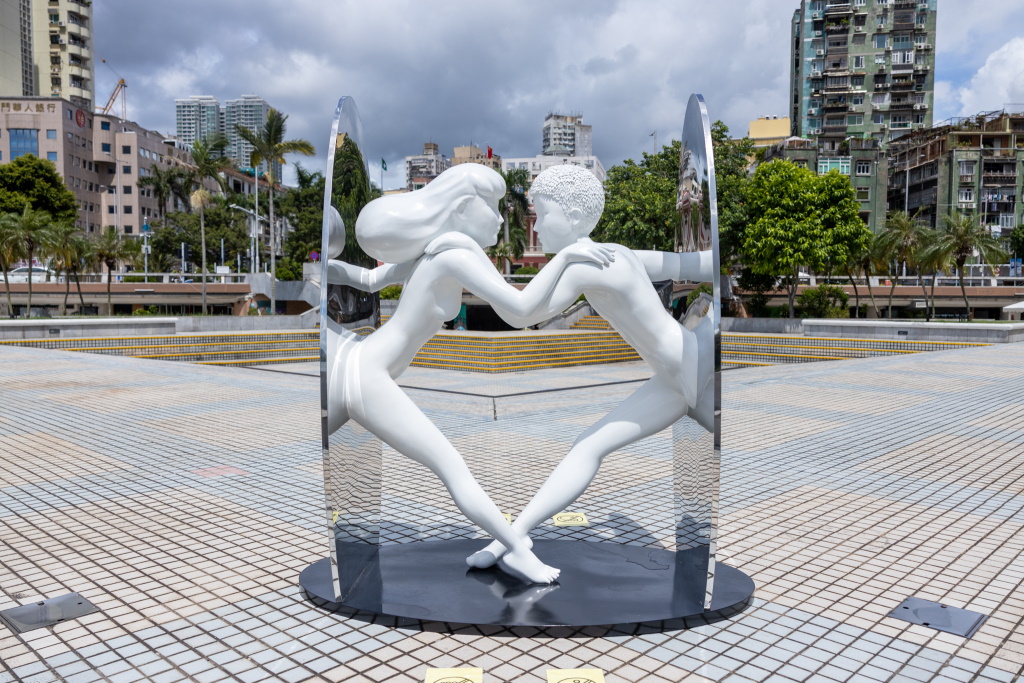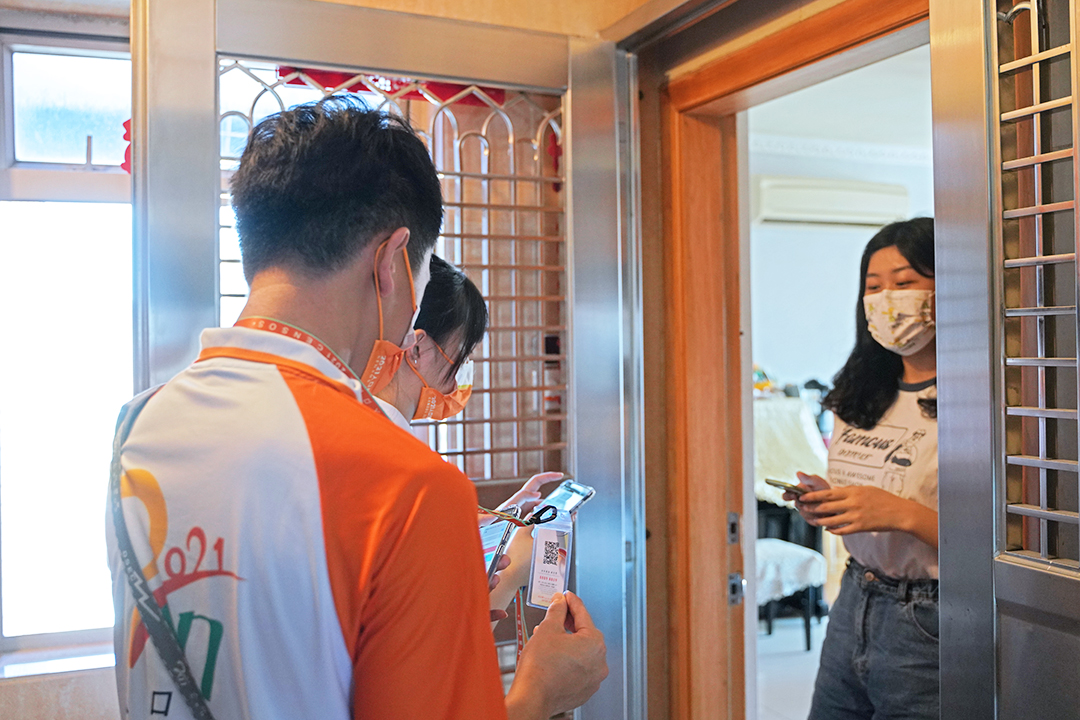Macao SAR Government Portal
News
[infographic] 29 August 2021 health quarantine requirements and measures for inbound travellers
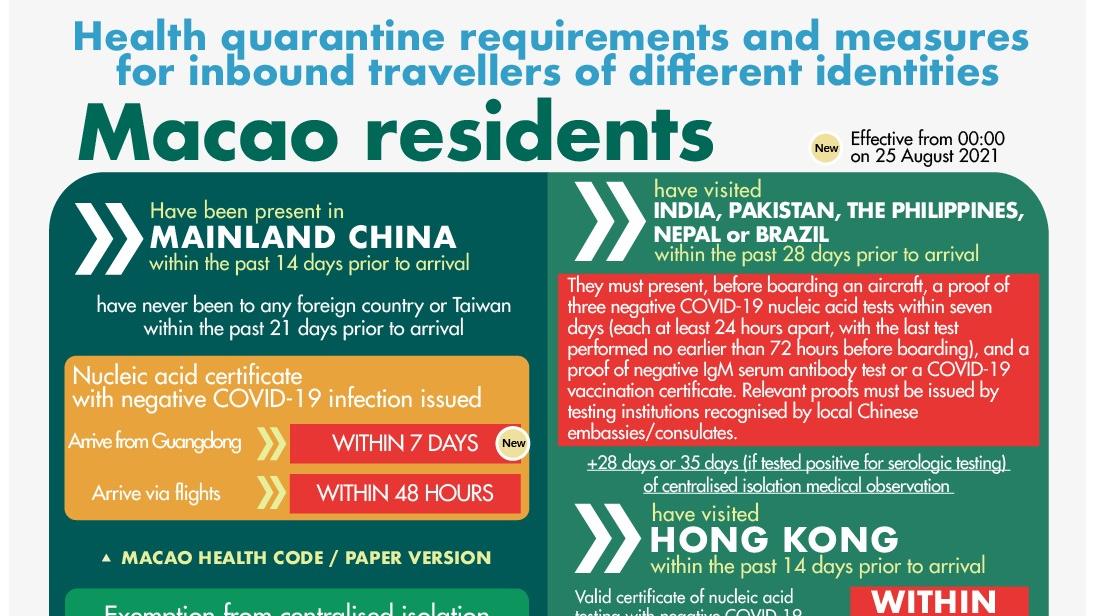
Health quarantine requirements and measures for inbound travellers of different identities.
…
Census Concluded on 28 August Achieved Preliminary Response Rate at 83.3%
The data collection for the 2021 Population Census was concluded yesterday (28 Aug). The Census coverage rate reached 99.3% and the preliminary overall response rate was 83.3%, which met the expectations amid the pandemic. The Statistics and Census Service (DSEC) extends its appreciation to the public for their support and co-operation, and appeals to the households who did not respond to the Census to provide information as soon as possible.
…
The DSEDJ urges parents to prepare their children for the start of the new academic year
As the summer holiday is coming to an end, the Education and Youth Development Bureau (hereinafter referred to as the “DSEDJ”) urges parents to prepare their children for school opening in advance, pay close attention to the latest epidemic information announced by the SAR Government, and take note of traffic and weather information.
…
[infographic] 27 August 2021 health quarantine requirements and measures for inbound travellers
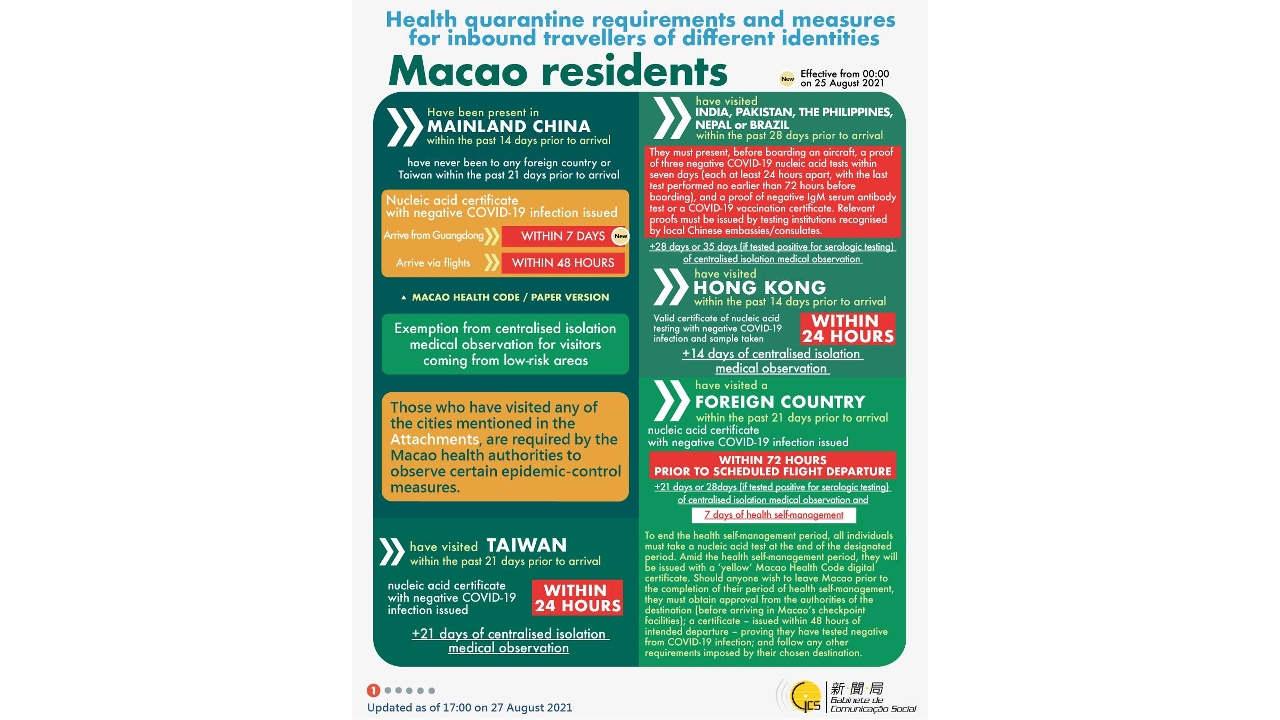
Health quarantine requirements and measures for inbound travellers of different identities.
…
“Art Macao” presents Public Art Exhibition themed “Technology of Well-being” Public artwork “Miss You” by Thai artist Gongkan is now on display
“Art Macao: Macao International Art Biennale 2021” features a total of 30 large-scale exhibitions, among which the Public Art Exhibition takes “Technology of Well-being” as theme, an extension in public space of the concept embodied in the Main Exhibition, “Advance and Retreat of Globalization”, which will reveal artists’ thoughts on creating happiness. The public artwork “Miss You” by Thai artist Gongkan is now on display at Anim’Arte NAM VAN, presenting a beautiful landscape of happiness to the public.
…
Gross domestic product for the 2nd quarter of 2021
Information from the Statistics and Census Service (DSEC) indicated that Gross Domestic Product (GDP) rebounded by 69.5% year-on-year in real terms in the second quarter of 2021. The economy of Macao resumed positive growth on account of a relatively low base of comparison in the same quarter last year when local economic activities were limited due to the entry restrictions for visitors amid the pandemic of novel coronavirus pneumonia. With the pandemic remaining under control, the pick-up in external demand in the second quarter also contributed to the growth. Exports of services ballooned by 555.6% year-on-year, of which exports of gaming services and other tourism services rocketed by 1,089.7% and 1,328.3% respectively. Exports of goods surged by 606.9% year-on-year. Domestic demand maintained growth, rising by 3.7% year-on-year. Imports of goods swelled by 173.5% while imports of services rose by 54.2%.
…
Employment survey for May-July 2021
Information from the Statistics and Census Service (DSEC) indicated that the general unemployment rate, the unemployment rate of local residents and the underemployment rate for May-July 2021 were 2.9%, 3.9% and 3.5% respectively. All three indicators remained steady compared to the previous period (April-June 2021).
…
This Saturday is Last Day to Complete the Census Households Not Yet Replied Urged to Respond ASAP
Data collection for the 2021 Population Census will end this Saturday (28 Aug). The Statistics and Census Service (DSEC) appeals to the households who have not yet completed the Census questionnaire to respond as soon as possible.
…
Macao a co-host of National Games in 2025

Macao, along with Guangdong and Hong Kong, will jointly organise and host the 15th National Games to be held in 2025, as announced by the State Council on Thursday (26 August).
…
National e-commerce online direct platform fast and simple, safeguards consumer rights of Macao consumers
To better safeguard consumers’ rights in cross-border online transactions, the Macao Consumer Council endeavours to establish cooperation network with consumer organizations in the Mainland and overseas. Since joining the national e-commerce online direct platform set up by China Consumers Association (CCA), the efficiency of handling consumer disputes between Macao consumers and e-commerce traders in the Mainland by the Council has been enhanced.
…


